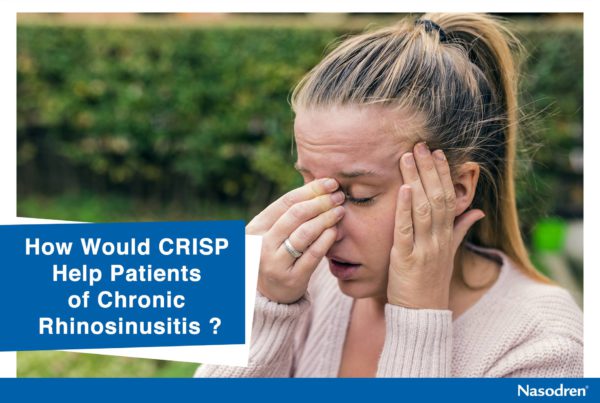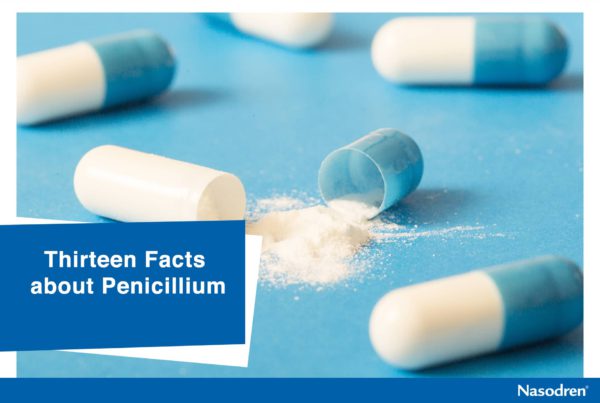Amoxicillin for Acute Rhinosinusitis
A Randomized Controlled Trial
JAMA, February 15, 2012— Vol 307, No.7
Key messages from this study
- Rhinosinusitis is a common disease (although underdiagnosed)
- Rhinosinusitis is associated with high direct and indirect costs
- Quality of life of rhinosinusitis sufferers is poor
- Symptoms most frequently recorded are facial congestion or fullness and facial pain or pressure.
- Although evidence to support antibiotic treatment for acute rhinosinusitis is limited, antibiotics are over prescribed
- Antibiotics are not better than placebo in the treatment of acute rhinosinusitis
Objective: To determine the incremental effect of amoxicillin treatment over symptomatic treatments for adults with acute rhinosinusitis
Participants: 166 patients
85 amoxicillin, 1500mg/day; 3 doses per day
81placebo; 3 doses per day
Main Outcome Measures: The primary’ outcome was improvement in disease Specific quality of life after 3 to 4 days of treatment assessed with the Sinonasal Outcome. Secondary outcomes: patient’s retrospective assessment of change in sinus symptoms and functional status, recurrence or relapse, and satisfaction with and adverse effects of treatment.
Results: There was no statistically significant difference in reported symptom improvement at day 3 or at day 10; at day 7 more participants treated with amoxicillin reported symptom improvement (74% vs. 56%, respectively).
No between-group differences were found for any other secondary outcomes.
Conclusions: Among patients with acute rhinosinusitis, a 10day course of amoxicillin compare with placebo did not reduce symptoms at days 3 and 10 of treatment.







